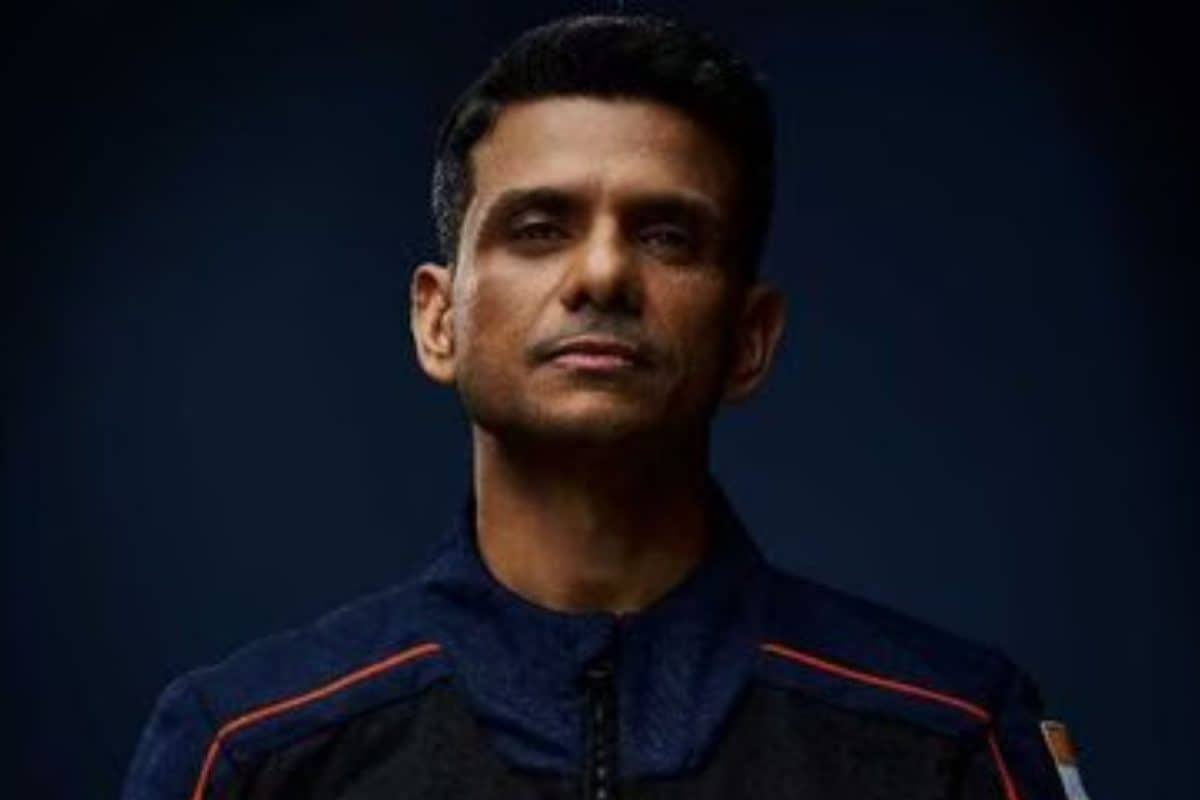

As the SpaceX Dragon spacecraft gracefully undocked from the International Space Station (ISS) on July 14, 2025, Indian astronaut Group Captain Subhanshu Shukla began his journey back to Earth, marking the end of a remarkable chapter in India's space exploration endeavors. Shukla's mission as part of the Axiom-4 (Ax-4) crew represents a significant milestone, making him the first Indian to visit the ISS and the second Indian ever to journey into space, following Rakesh Sharma's pioneering flight in 1984.
During his 18-day stay aboard the ISS, Shukla and his crewmates, Commander Peggy Whitson, Mission Specialists Slawosz Uznanski-Wisniewski, and Tibor Kapu, engaged in a series of scientific experiments and outreach activities. The Ax-4 mission, also known as Mission Akash Ganga, saw Shukla participate in over 60 experiments, contributing to international research efforts in diverse fields such as biology, materials science, and artificial intelligence. Notably, he was involved in the "Sprouts Project," which focused on studying plant growth in microgravity, a crucial step towards developing sustainable food production methods for future deep-space missions. Other experiments explored how human cells adapt to space and tested AI-assisted robotics for station maintenance and data analysis. ISRO said that Shubhanshu Shukla completed seven experiments on the Indian strain of tardigrades, myogenesis, sprouting of methi & moong seeds, cyanobacteria, microalgae, crop seeds and voyager display as planned.
Reflecting on his experience during a farewell ceremony aboard the ISS, Shukla conveyed his awe and gratitude, stating that it had been an incredible journey. He emphasized India's ambition and confidence in the space sector, echoing the sentiments of Rakesh Sharma, the first Indian in space. "Today's India from space looks ambitious, fearless, confident, and full of pride... Today's India still looks 'saare jahan se accha'," Shukla remarked. He also acknowledged the long and challenging journey ahead for India's human space mission, Gaganyaan, while expressing confidence that even stars are attainable with determination.
The return journey aboard the Dragon spacecraft is estimated to take approximately 22.5 hours, culminating in a splashdown off the coast of California around 3:00 PM IST on July 15. Before beginning de-orbit procedures, the astronauts donned their spacesuits, and after departure burns, they removed them again for a comfortable ride back to Earth. Upon splashdown, recovery teams will be on standby to retrieve the astronauts and provide necessary medical support. Extended exposure to microgravity can lead to muscle atrophy, bone density loss, and changes in balance and coordination, necessitating a comprehensive rehabilitation process involving physical therapy and medical monitoring.
Shukla's mission holds immense significance for India's space program, particularly as the nation prepares for its Gaganyaan mission. ISRO invested approximately Rs 550 crore in Shukla's ISS travel, recognizing the valuable experience it would provide for planning and executing future human spaceflight endeavors. His participation in the Axiom-4 mission has not only showcased India's growing presence in international space collaboration but also inspired a new generation of scientists and explorers.
As Shukla embarks on the final leg of his journey, his time in space serves as a testament to human ingenuity, international cooperation, and the boundless possibilities that lie beyond our planet. His insights and experiences will undoubtedly contribute to shaping the future of India's space program and further solidify the nation's position as a key player in the global space community.